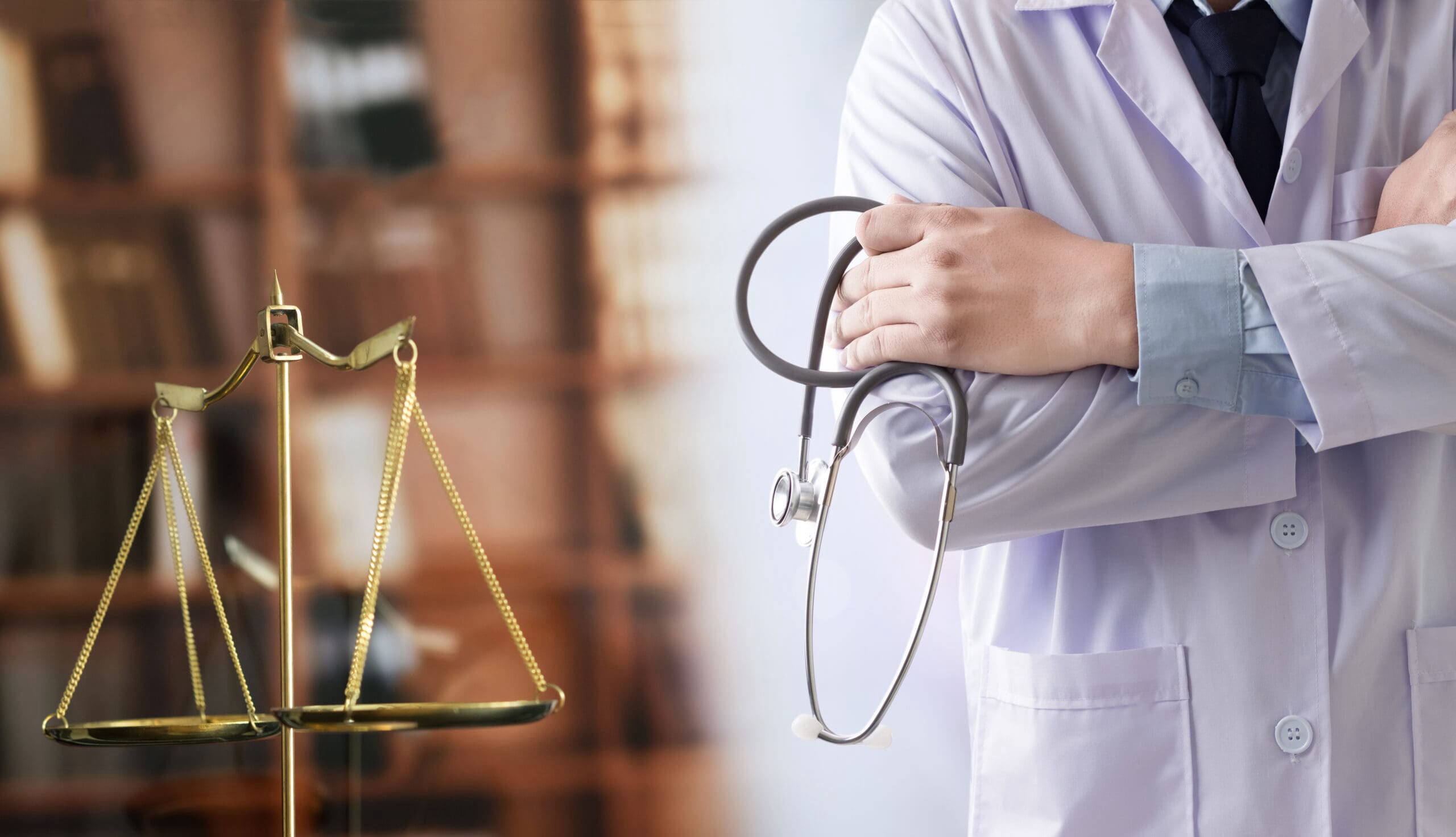1. Medical Records & Expert Reports
Start by gathering all medical records related to the incident:
• Discharge summaries
• GP and specialist reports
• Test results (like X‑rays, blood tests)
• Nursing notes, scans, pathology—anything relevant.
These form the foundation for proving negligence. Later, your legal team will likely commission expert medical opinions to show the link between any care breach and your injury.
2. Timeline & Incident Notes
Write a detailed timeline of events, covering everything you experienced—from the first appointment through diagnosis, treatment, complications, and any follow-up care. Include:
• Dates
• Names of medical staff or witnesses
• Locations of treatments
• What happened and how it affected you
This helps lawyers understand context and spot gaps in your care. Notes like these are also suggested by Carter Capner to strengthen your case.
3. Photographic & Video Evidence
Visual documentation can be powerful:
• Photos or videos of your injury or any changes over time
• Images of relevant medical equipment
• Photos of any unhygenic conditions or dangerous setups
These are particularly helpful in claims involving surgical wounds, hospital hygiene, or product failures.
4. Financial Records & Bills
To show the financial impact of negligence, collect:
• Medical bills (hospital, GP, allied health)
• Pharmacy receipts
• Receipts for rehab or therapy
• Related travel or parking expenses
• Pay slips or tax records (usually six years prior and after the event).
These help calculate damage amounts, such as out-of-pocket expenses and lost income.
5. Income & Employment Documents
If the incident affected your ability to work:
• Payslips, employment contracts, or group certificates
• Tax returns up to six years prior
• A letter from your employer about your capacity and any lost wages
• Your resume and performance records
These form a clear income-before-and-after profile.
6. Witness Info & Statements
If family, friends, or coworkers witnessed conversations or incidents:
• Names, contact details, and their relationship to you
• Written statements of what they saw or know
These firsthand accounts can boost credibility and fill in gaps in your memory.
7. Insurance & Correspondence Documents
You may need:
• Any Notice of Claim forms (especially for children under Queensland law)
• Letters from insurers, hospitals, or other parties
• Any legal notices or correspondence about the event.
Timing is crucial. For children, notices are required quickly (18 months or six years); for adults, contact must occur within months of the event.
8. Personal Journals & Emotional Impact Records
If the incident affected your wellbeing or relationships:
• Journals describing your emotional or psychological state
• Records of therapy or counselling sessions
• Notes on changes to your life, leisure, hobbies, sleep or relationships
These help explain the broader effects beyond physical harm.
Why Carter Capner Law Highlights These Documents
On their Medical Negligence page, Carter Capner emphasises that successful claims:
• Depend on evidence showing a healthcare provider owed a duty, breached it, and caused harm
• Require expert medical reports to connect negligence with harm
• Use financial and employment records to calculate comprehensive damages including lost income, care costs, and lifestyle disruptions .
They also point out that gathering evidence early—including notes, receipts, photos, correspondence—strengthens your case .
Preparing for the Meeting – A Quick Checklist
To help make your discussion with a medical negligence lawyer in Brisbane as smooth as possible, bring:
• Medical records & expert opinions
• Your incident timeline
• Financial invoices & employment documents
• Photographs/videos of injuries or circumstances
• Witness details
• Any claim notices or correspondence
• Personal notes & journals
When lawyers like those at Carter Capner see a well-organised set of documents, they can more easily assess the strength of your case and move quickly—especially with time-sensitive steps like notices and court deadlines.
Facing the aftermath of medical negligence can be overwhelming, but taking the time to gather and organise these documents will help give your case the best possible start. Carter Capner Law operates on a helpful “no win, no fee” basis, so you can focus on your recovery without financial stress.
If you’ve already begun assembling this paperwork, you’re in a great position to make the most of your first conversation with a specialist. And if you're missing something, don’t worry—your lawyer can guide you through filling the gaps.
Need help collecting these records or want advice about eligibility?
Reach out to a medical negligence lawyer in Brisbane—Carter Capner Law offers free, no-obligation consultations and can walk you through exactly what's required to build a strong and well-supported claim.
